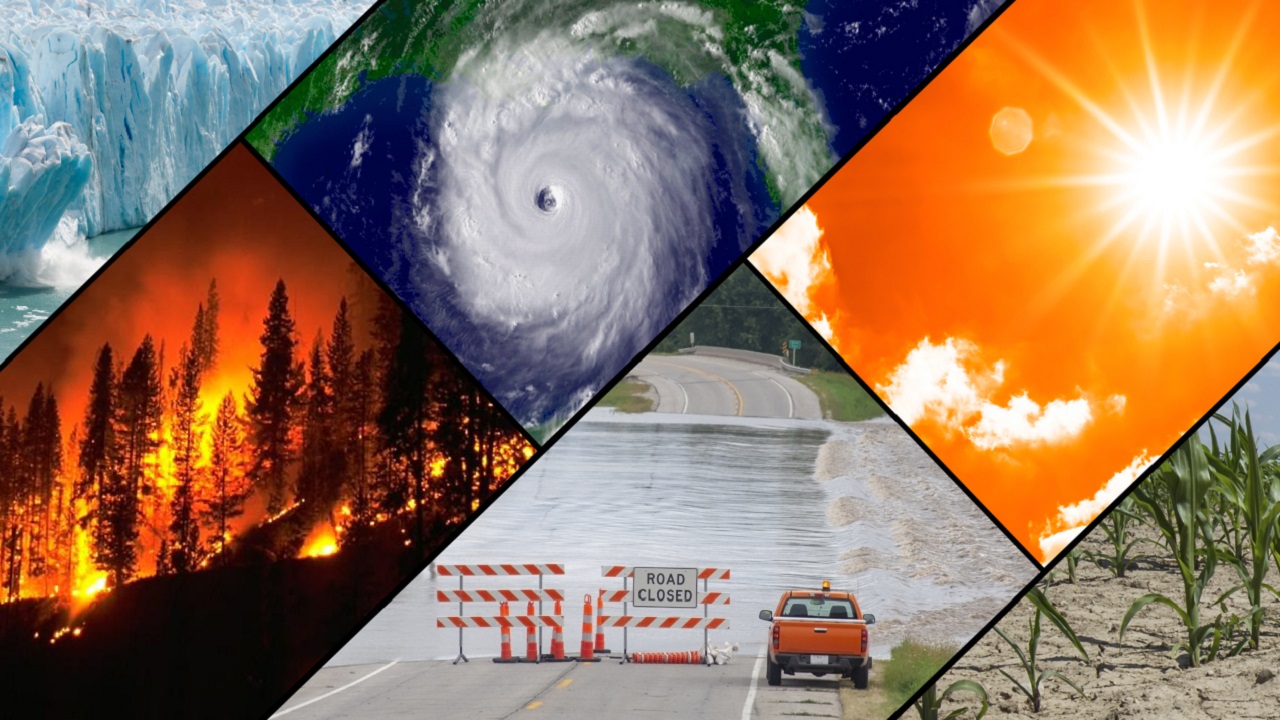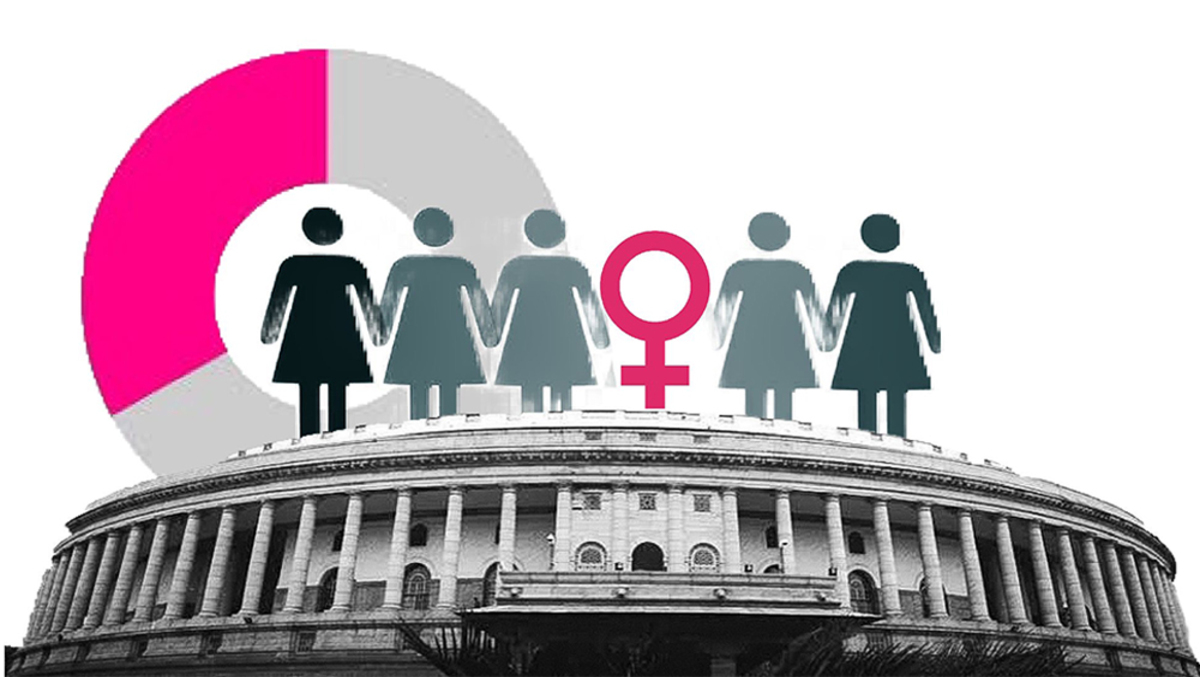Bonn Climate Talks 2025 : Limited Progress Ahead of COP30
Context:
The Bonn Climate Talks 2025, a key preparatory summit for COP30 in Brazil, concluded with limited breakthroughs, reflecting persistent disagreements over climate finance, equity, and adaptation metrics.
About Bonn Climate Talks 2025
-
What is it?
A mid-year UNFCCC Subsidiary Bodies meeting aimed at laying the technical groundwork for the upcoming COP summit. -
Held in: Bonn, Germany – June 2025
-
Organised by: United Nations Framework Convention on Climate Change (UNFCCC)
-
Objective:
To review global climate action, refine implementation tools, and build consensus on key issues such as climate finance, mitigation, adaptation, and loss and damage, ahead of COP30.
Key Outcomes
-
Global Goal on Adaptation (GGA):
-
Out of 9,000 indicators, only 490 were shortlisted to track progress in health, water, and agriculture.
-
India advocated for context-specific indicators instead of uniform global benchmarks.
-
-
Mitigation Work Programme (MWP):
-
Agreement to retain MWP as a non-punitive and facilitative platform.
-
Brazil proposed a digital knowledge-sharing hub, while the EU warned against duplication.
-
-
Loss and Damage (L&D):
-
Some progress in linking L&D to Nationally Determined Contributions (NDCs).
-
Gaps in funding and implementation of the Santiago Network remain unresolved.
-
-
Climate Finance Roadmap – ‘Baku to Belém’:
-
Talks began for setting a $1.3 trillion/year climate finance target.
-
Major divisions emerged on issues like grants vs loans and mitigation vs adaptation priorities.
-
-
Just Transition & Gender Action Plan:
-
Emphasis on equity-based transitions and labour rights.
-
Contentions arose over the scope and terminology of a new gender framework.
-
Failures and Challenges
-
Procedural Delays:
-
Talks were delayed by 2 days due to a deadlock over agenda adoption, mainly concerning finance and carbon border adjustments.
-
-
Lack of Agreement on Finance Metrics:
-
Developed nations opposed inclusion of finance indicators under adaptation, weakening accountability frameworks.
-
-
Equity Impasse:
-
LMDCs, including India, pushed for recognition of historical responsibility, while developed countries preferred forward-looking voluntary models.
-
-
Transparency Concerns:
-
Inconsistencies identified in climate finance reports submitted under Article 9.5 of the Paris Agreement.
-
Way Forward
-
Strengthen Climate Finance Architecture:
-
Prioritise predictable, grant-based funding mechanisms over debt-heavy loans.
-
Focus funds towards Small Island Developing States (SIDS) and Least Developed Countries (LDCs).
-
-
Ensure Equity in Commitments:
-
Institutionalise Common But Differentiated Responsibilities (CBDR) in COP30 negotiations.
-
-
Streamline Adaptation Metrics:
-
Adopt flexible, context-specific indicators and enhance reporting capacity in developing nations.
-
-
Institutional Reform:
-
Empower technical bodies with clearer mandates and reduce political interference in scientific processes.
-
Conclusion
The Bonn Climate Talks 2025 failed to resolve critical issues around finance, equity, and adaptation, falling short of expectations. As COP30 in Belém draws near, enhanced political will, deeper North-South trust, and a framing rooted in climate justice are essential.
Science has delivered its verdict—now, politics must respond.




Comments (0)